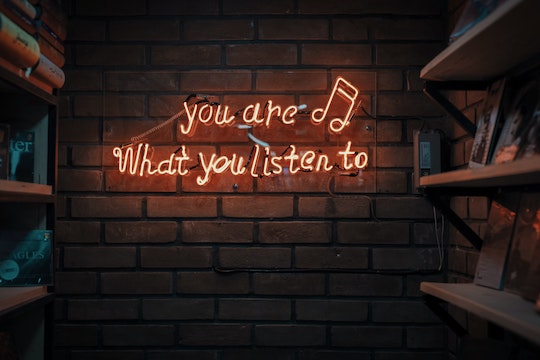“What you push down doesn’t vanish, it festers and wields quiet power over your thoughts and actions.”
—James Clear, author of Atomic Habits
In our journey of personal and professional growth, we often encounter challenges or emotions we try to suppress.
These buried feelings don’t disappear on their own — they remain within us, influencing our behaviors and decisions in both subtle and overt ways.
As a coach, I encourage clients to face these often-hidden aspects of themselves by acknowledging and more importantly addressing what we’ve pushed down.
In doing so, we can truly grow and achieve our best.
EXERCISE:
In what areas of your life are you suppressing challenging thoughts and emotions?
How is resisting these feelings causing them to fester and persist in your life?
For extra insight into such matters, consider checking out Rick Carson’s book Taming your Gremlins: A Surprisingly Simple Method for Getting Out of Your Own Way.










